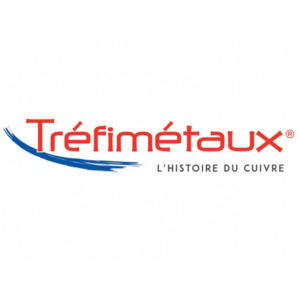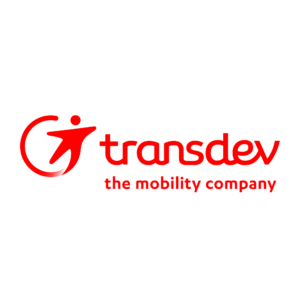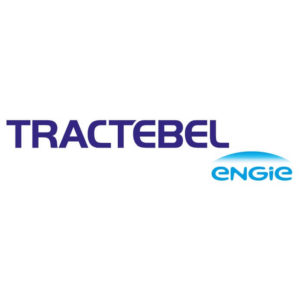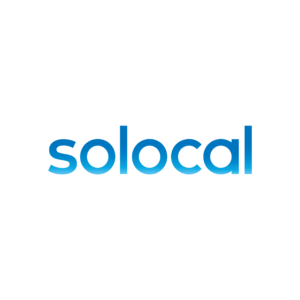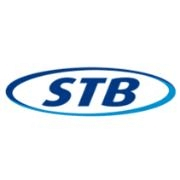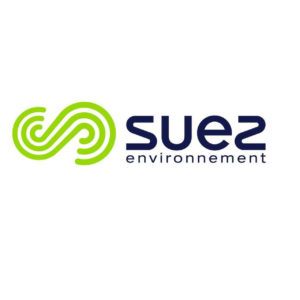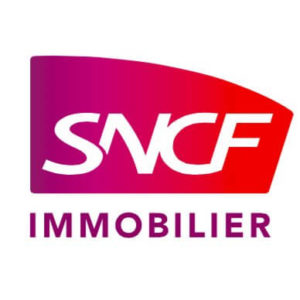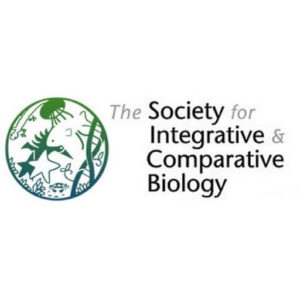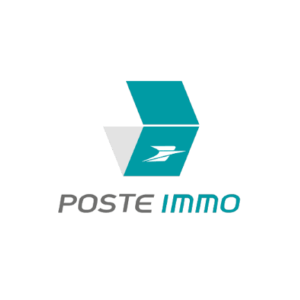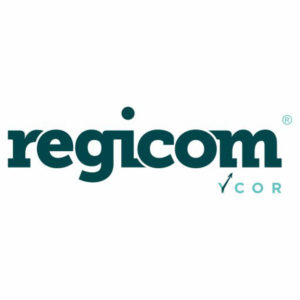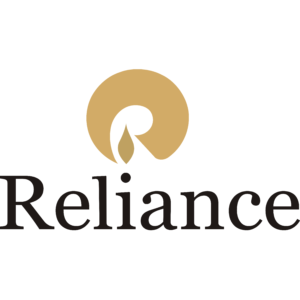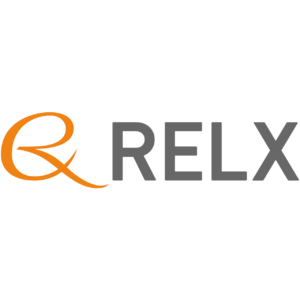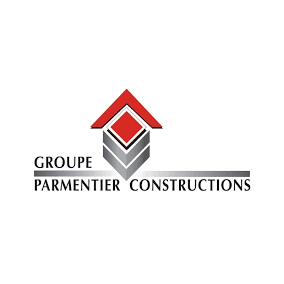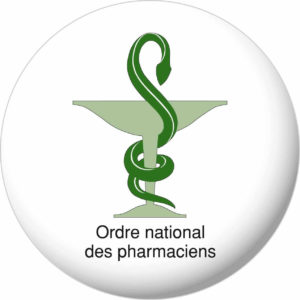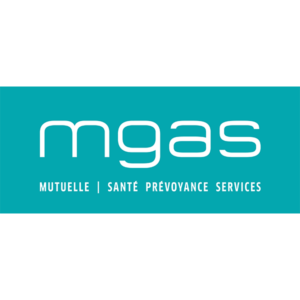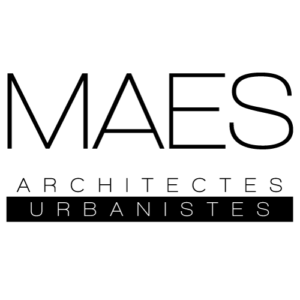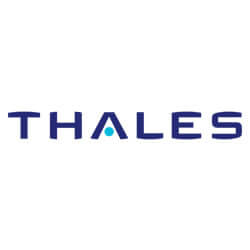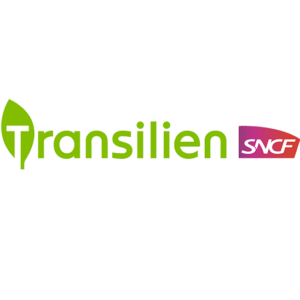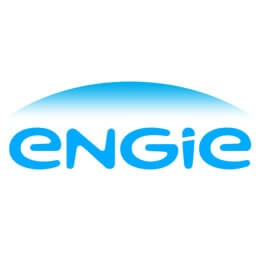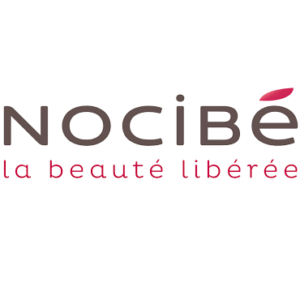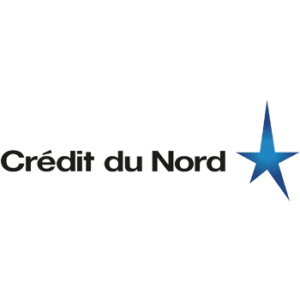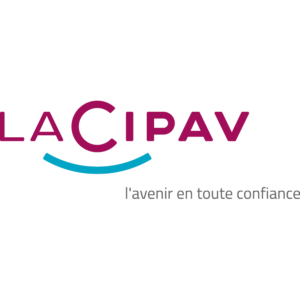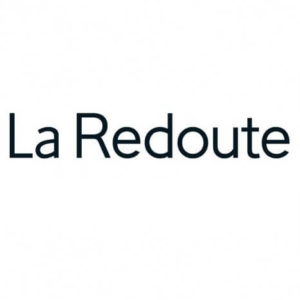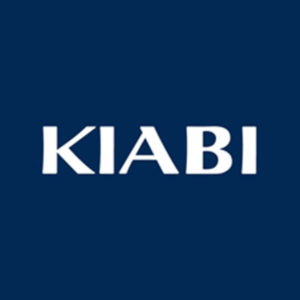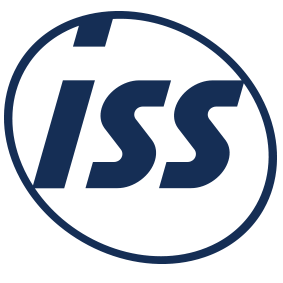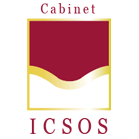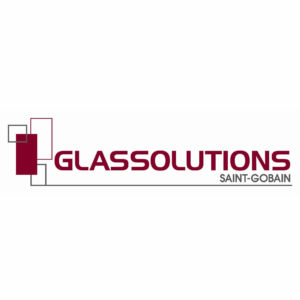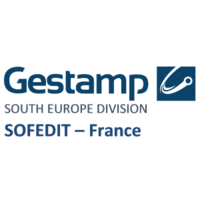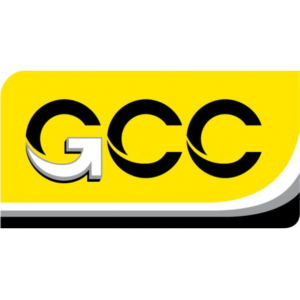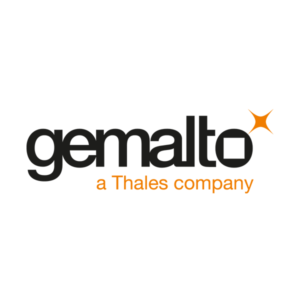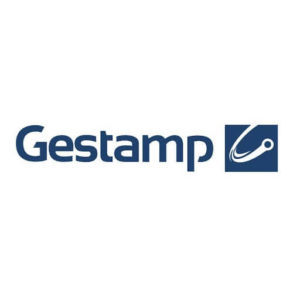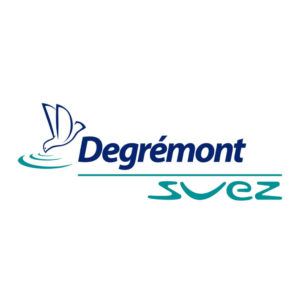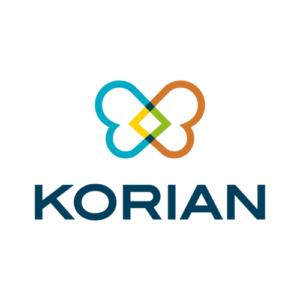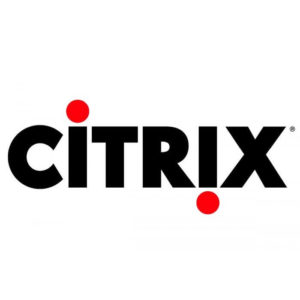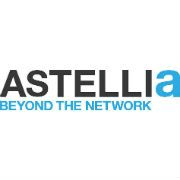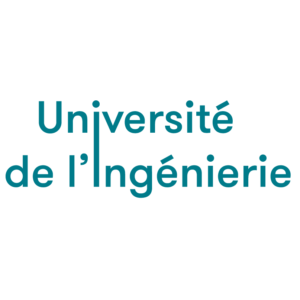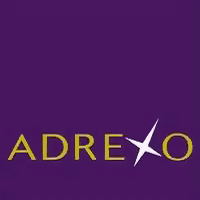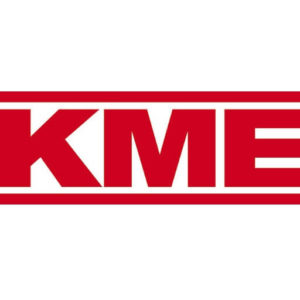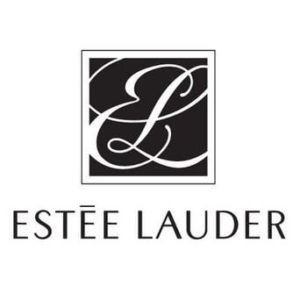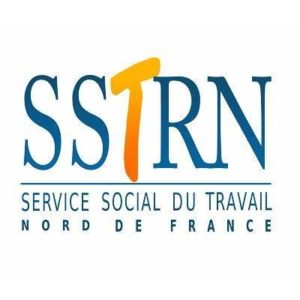Harassment
alert
Let's talk about your project
Since it was created, Ekilibre has been recognized as an expert partner of organizations to fight against all forms of harassment: moral, sexual.
During an alert, our clients particularly appreciate our responsiveness, the rigor of our methodologies, our ability to objectify the situation at the origin of the alert, and our advice in order to help the actors to make the right decisions.
We are also involved in other actions related to the prevention of harassment (awareness, training, etc.) and also carry out professional mediations.
Reference points for moral harassment
As defined by the Labor Code, moral harassment refers to repeated acts having as their object or effect a deterioration of an employee’s working conditions likely to infringe his rights or dignity, alter his physical or mental health, or jeopardize his professional future.
This type of harassment can take various forms:
- constant criticism, repeated sarcasm;
- bullying, humiliation;
- slanderous words, insults, threats;
- “sidelining”, degrading working conditions;
- refusal of all communication;
- absence of instructions or contradictory instructions;
- deprivation of work or excessive workload;
- meaningless tasks or unrelated to the functions.
Reference points for sexual harassment
Sexual harassment is a complex notion to define because it covers many words and behaviors and can, as a result, take many different forms. It is also difficult to define because the law distinguishes two types of sexual harassment which require, in order to be characterized, repeated comments or behaviors, in one case, and a single fact, in the other one.
The first type is serious pressure in order to obtain an act of a sexual nature (called “assimilated sexual harassment”).
No employee must be subject to events […] associated with sexual harassment, consisting of any form of severe pressure, even unrepeated, exercised with the actual or apparent aim of obtaining an act of a sexual nature, whether it is for the benefit of the perpetrator or for a third-party (article L. 1153-1 of the labor code)
The second type is unwanted and repeated comments or behavior with a sexual connotation.
No employee must be subject to events of […] sexual harassment, consisting of repeated remarks or behavior with a sexual connotation, which jeopardize their dignity due to their degrading or humiliating nature, i.e. creating an intimidating, hostile or offensive situation for the person (article L. 1153-1 of the labor code).
Sexual harassment can be distinguished from:
- the sexist act: no one should be subject to sexist acts, defined as any act associated with the sex of a person, with the aim or effect of violating their dignity or creating an intimidating, hostile, degrading, humiliating, or offensive environment (article L. 1142-2-1 of the labor code).
- sexual assault: includes any sexual offense committed with violence, restraint, threat, or surprise.
A point of contact, elected from the staff, will be appointed in the social and economic committees of all companies. Companies with 250 or more employees must also appoint a specialist of the topic to carry out awareness and training actions and implement internal procedures for reporting and dealing with situations of sexual harassment.
Mediation: under what conditions?
Before any litigation, the victim of moral or sexual harassment or the accused person can initiate a mediation procedure.
The mediator is chosen by mutual agreement between the parties. It can be a person.
Mediation is defined as “an ethical communication process based on the responsibility and autonomy of the participants, in which an impartial, independent, neutral third party (…) fosters through confidential interviews, the establishment and the reestablishment of the social link, the prevention or settlement of the situation in question.” (La médiation, Que sais-je?, Presses Universitaires de France, 2012). In cases of harassment, mediation can be individual or collective, for example at the level of a department.
Because resentment takes precedence over the rest and because the dignity of people is affected, mediation is appropriate in cases of harassment.
It is not the actual purpose but a process adapted to the search for a solution which can take different forms: ending a misunderstanding and restoring working relationships, keeping the employee in the company with adjustments or a move to another function, coming to the conclusion of a necessary rupture which leads to a negotiated separation, etc.
The sooner mediation is put in place, the more it will prevent the situation from worsening and will allow to come up with a solution shared by the parties, making the intervention of a court unnecessary to resolve the dispute.
What service does Ekilibre offer in terms of harassment at work?
Our objective is to provide the best support for each company in achieving its goals, from the implementation of a global approach to more specific reinforcement actions.
Each of our supports is guided by a rigorous methodological framework and regularly updated scientific knowledge. We are also in line with the recommendations of national and international reference organizations.
As an example, the main services we can offer you are listed below.
- Development of an approach to prevent harassment at work
- Negotiation of an agreement on the prevention of PSR/occupational health
- Support to create a charter of values and principles of behavior
- Investigation following a moral/sexual harassment alert
- Support in defining the action plan
- Training of the points of contacts on sexual harassment and sexist acts
- Other awareness and tailor-made training actions for company stakeholders in the prevention of moral harassment, sexual harassment, and sexist acts
- Professional mediation
- Remote alert service
- Crisis unit and management of high impact events
Chaque situation mérite d’être appréhendée dans sa singularité. Aussi, nous vous invitons à nous contacter afin de nous permettre de mieux comprendre votre besoin et coconstruire avec vous le projet le plus adapté.
They have trusted us, why wouldn't you?

